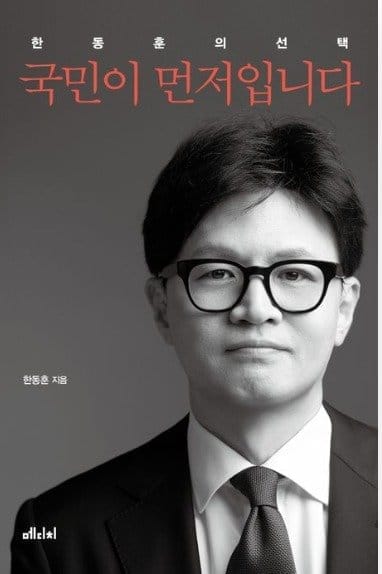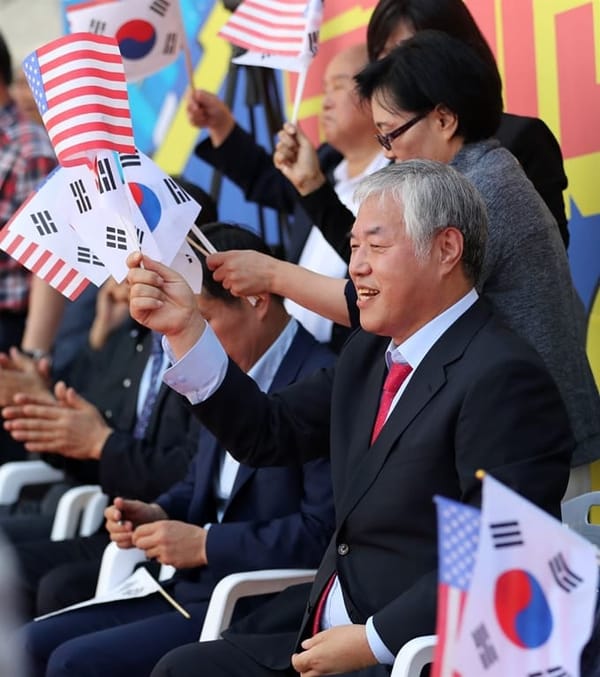Photo: People Power Party chairman Lee Jun-seok takes the inaugural PPAT. Credit: People Power Party.
“Fairness” 공정 has been a major key word behind the rise of Lee Jun-seok 이준석, chairman of the People Power Party 국민의힘. (See previous coverage, “Rise of the Incels.”) It’s not that young men have suddenly turned conservative because they are misogynists, Lee argues - it’s that they are concerned with the unfairness of having to compete with their female peers who receive the benefit of affirmative action, even though South Korea supposedly no longer has any structural sexism.
Lee is simply wrong on the state of Korea’s sexism. (See previous coverage, “South Korea Last in Glass Ceiling Index.”) However, Lee is right that sexism is not the sole motivator of Lee and his young male supporters; equally significant is their worship of test-based meritocracy. On April 17, the PPP implemented one of Lee’s major pledges as the party chairman: a new examination, called the People Power Aptitude Test (PPAT), to measure the qualifications of those who aspire to run for office under the PPP banner.
The first PPAT was held for the aspiring candidates for the June 1 Local Election 지방선거. The 37-year-old Lee Jun-seok himself took the exam, along with 4,500 applicants who were largely middle aged men (as South Korea’s aspiring politicians tend to be), with some as old as 81. The exam itself was largely a basic one, quizzing on the laws and regulations governing elections and political parties, as well as the PPP platform.








